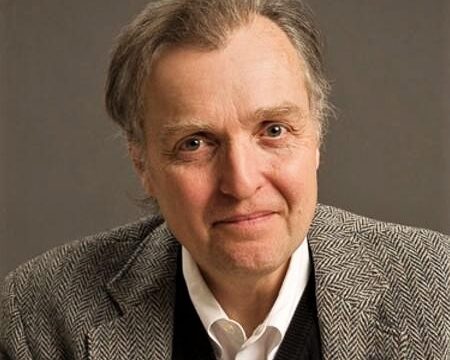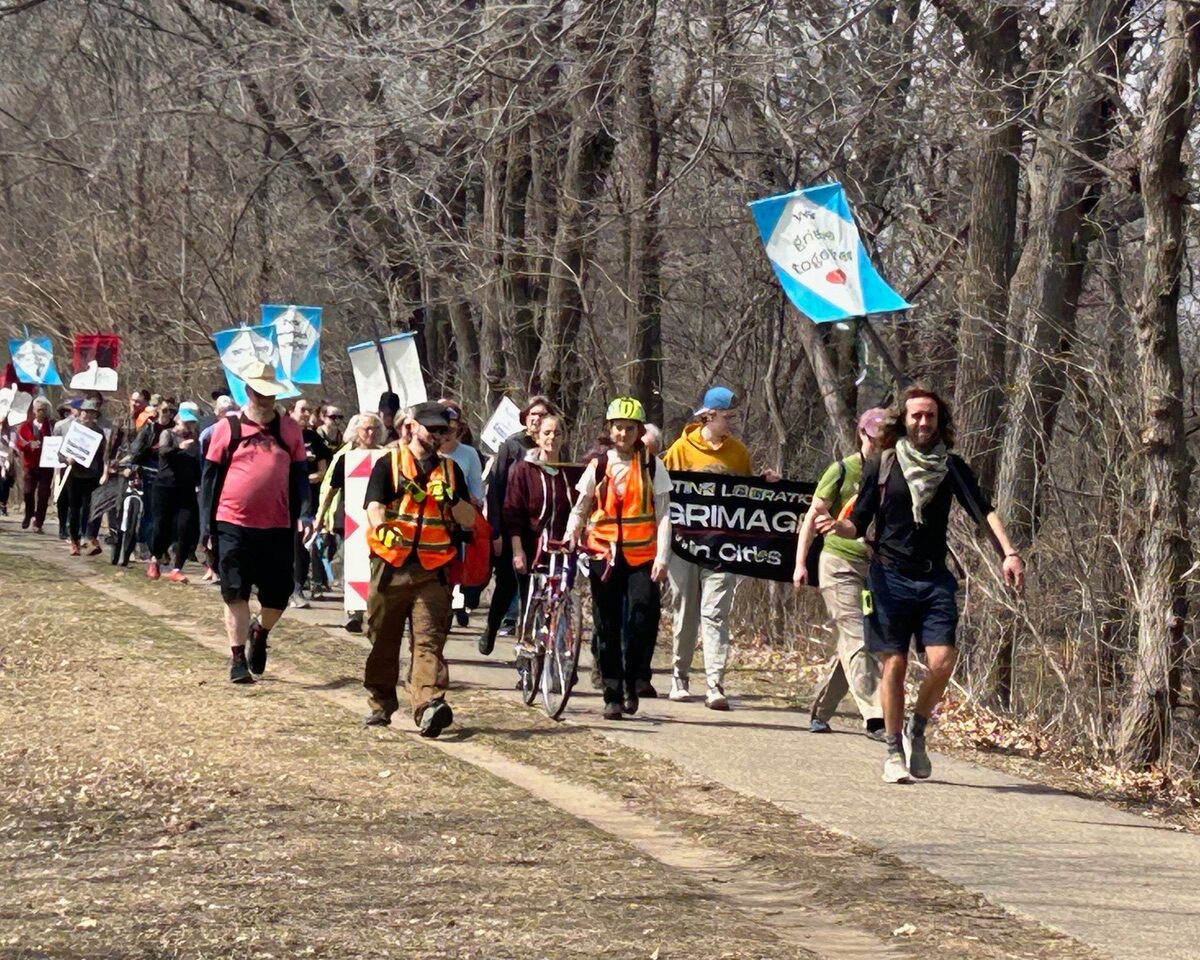William Leal Rowe
Oct. 7, 1926 – Feb. 16, 2016
William Leal Rowe, age 89, died peacefully in Chicago on Tuesday, Feb. 16, of natural causes. He is survived by his sister, Patricia Bade, and her family; his daughter, Julia Rowe and her husband, Josh Radinsky; his son, James Weldon Rowe; and his grandsons, Benjamin, Samuel and Joseph Radinsky and Quentin Kennedy. Bill was a retired professor of anthropology (University of Minnesota) and an award-winning humanitarian.
Bill grew up in southern California, graduating from Alhambra High School in 1944. He was drafted into the army and was en route to the Pacific when the war ended. He served in Japan after the war, where his wanderlust was inspired by traveling, and where he initiated a lifelong love of cooking.
Bill completed his bachelor’s degree at Occidental College in 1949 and contemplated careers in journalism, social work and psychotherapy before turning to anthropology. Bill married his first wife, Eloise Dorothy Lejeune, in 1951, the same year that he enrolled in the London School of Economics as a graduate student-at-large. He was accepted for graduate study at the renowned Anna Freud Centre in London, but turned instead toward studying cultural and social movements.
Having met students from India in London, he developed an interest in social services in rural India and was invited to visit that country in 1952 by the Ghandian Constructive Workers. Bill and Eloise crossed the English channel with a Ford Anglia, which they drove 4,000 miles from London to Mumbai, India, where Bill was involved in organizing to build a school.
Bill and Eloise divorced in 1953. After returning from India, Bill enrolled in doctoral study at Cornell in 1954 as part of the India Program directed by Professor Morris Opler. He returned to India for three years to study village life in eastern Uttar Pradesh and completed his dissertation in 1960, titled Social and Economic Mobility in a Low-Caste North Indian Community.
Bill was a lecturer at UC Berkeley in 1962 when he married his second wife, Norma Jean Weldon, a graduate student in anthropology. Bill was hired as an associate professor at Duke University in 1963, teaching courses on Indian culture and society, and racial and cultural anthropology. The Rowes travelled to Yugoslavia in 1965, where they adopted their daughter Julia. When the Indian government denied Bill a return visa, he joined a field study in Papua New Guinea, where the family lived for a year in a thatched house in the highlands.
They returned to the U.S. in 1968, when Bill was recruited to the University of Minnesota’s Department of Anthropology by E. Adamson Hoebel, whom he had met in New Guinea. He remained there until his retirement in 1995. Bill was known for his teaching and scholarship on Marxism, social class, South Asian culture, gender, American film, and a groundbreaking course on the anthropology of AIDS.
In 1970 Bill and Norma adopted their second child, son James Weldon Rowe. They divorced in 1973, but Bill remained central in Julie and Jim’s lives, regularly cooking wonderful meals for them as an expression of his love.
Bill’s activism ran deep throughout his life, including commitments to anti-racism, feminism and the rights of poor and working-class people. He remembered being enraged as a teenager by the U. S. government’s internment of Japanese Americans during World War II, and being punished by his high school for his outspoken protests. He attended the World Federation of Youth conference in Moscow in 1957, at the height of the Red Scare in the U.S., and was a member of the Communist Party USA from 1974 to 1985. His political sensibilities were shaped by his own experiences as a gay man, in an era in which homosexuality was treated as criminal and pathological.
The AIDS epidemic permanently shaped Bill’s life. He lost the first of many friends to AIDS in 1986, and the experience of caring for that friend led him to channel his energy and his outrage into cooking meals for people living with AIDS and their caregivers. In 1986 he founded Open Arms of Minnesota, which he grew to feed over 100 people every day, buying high-quality ingredients, cooking, and delivering meals. Bill worked with hundreds of volunteers over the years, sometimes directing a crowd of sous-chefs, baggers and drivers from a church basement. However, on days when volunteers did not show up, he planned, shopped, cooked and delivered those meals himself.
Bill’s work with Open Arms was recognized in 1995 with the Virginia McKnight Binger Award in Human Service. In the words of the Open Arms website (http://www.openarmsmn.org/history/):
Open Arms began as a single act of kindness in 1986—our founder, Bill Rowe, cooking a meal in his apartment and delivering it to a friend with HIV/AIDS.
Three decades later, our operation has grown into a 21,000-square-foot building with a state-of-the-art kitchen that allows us to cook and deliver over 470,000 meals annually to more than 800 people each week with the help of 2,400 volunteers.
Bill moved to Chicago in 2003 to be near his daughter, Julie. Though he no longer cooked, his culinary expertise inspired his daughter and grandsons to a deep appreciation of food as a cultural celebration and an expression of love. Though his activism was curtailed, he was proud to cast his final vote for mayoral candidate Jesús “Chuy” Garcia in 2015, bringing back memories of visits in 1983 to volunteer for the campaign of Chicago’s first African-American mayor, Harold Washington.
Bill is remembered as a loving father and grandfather, a lifelong radical, a fierce opponent of injustice, a public intellectual and social critic, a lover of film and literature, an extraordinary chef, a gifted storyteller and a deeply generous soul. His signature black leather jacket and cap will be remembered and missed by all who knew him.























